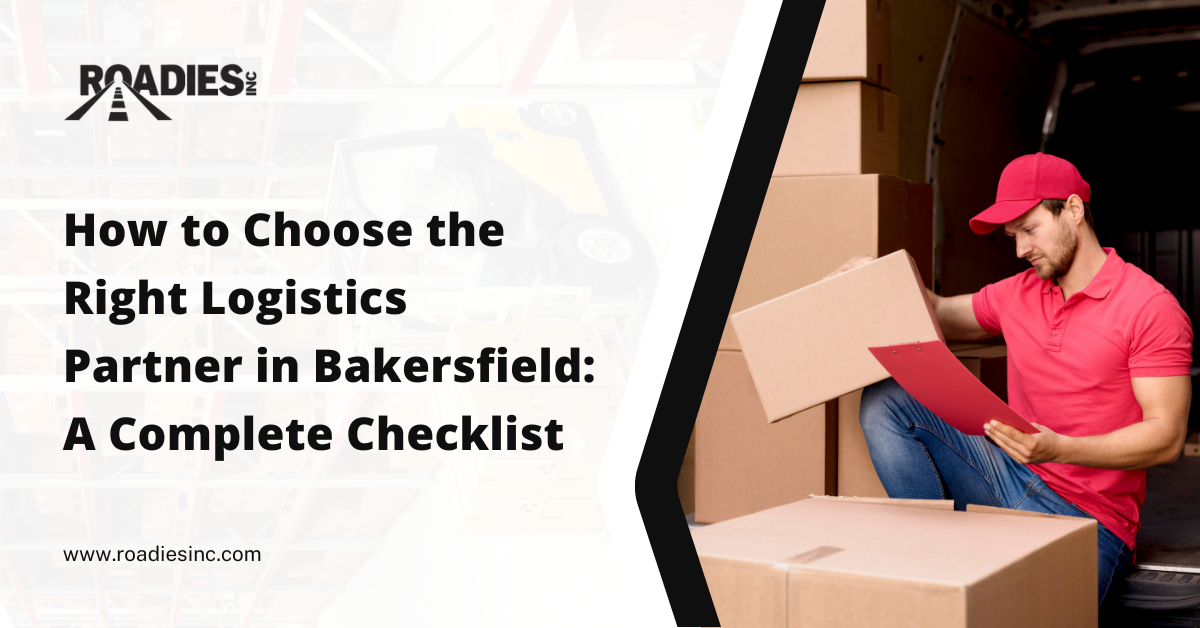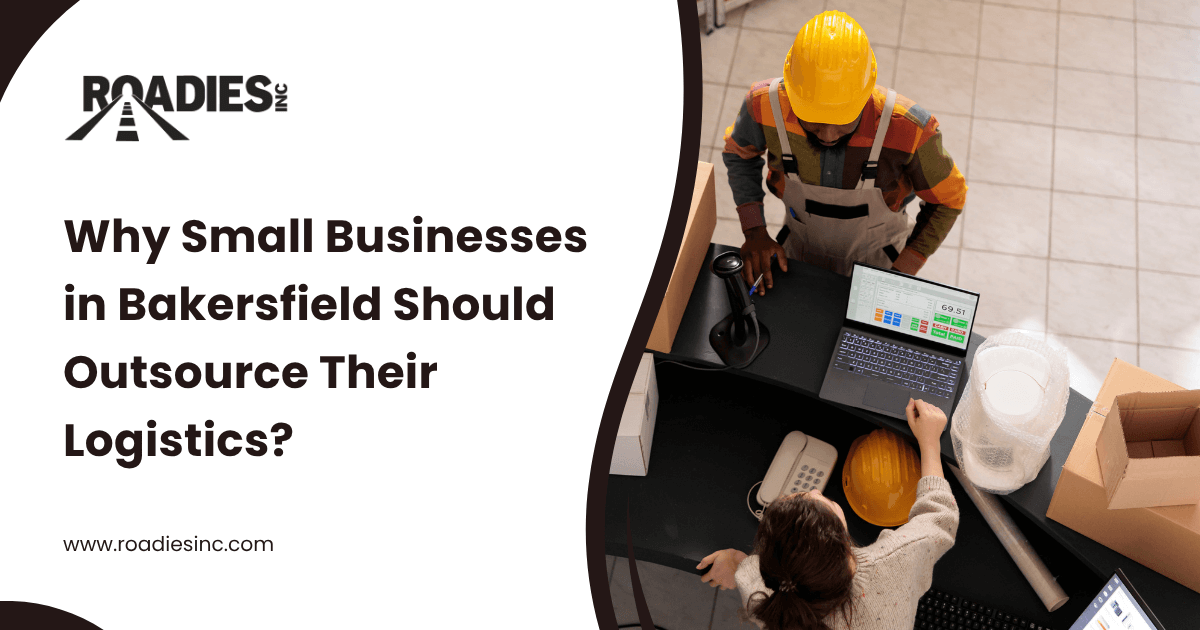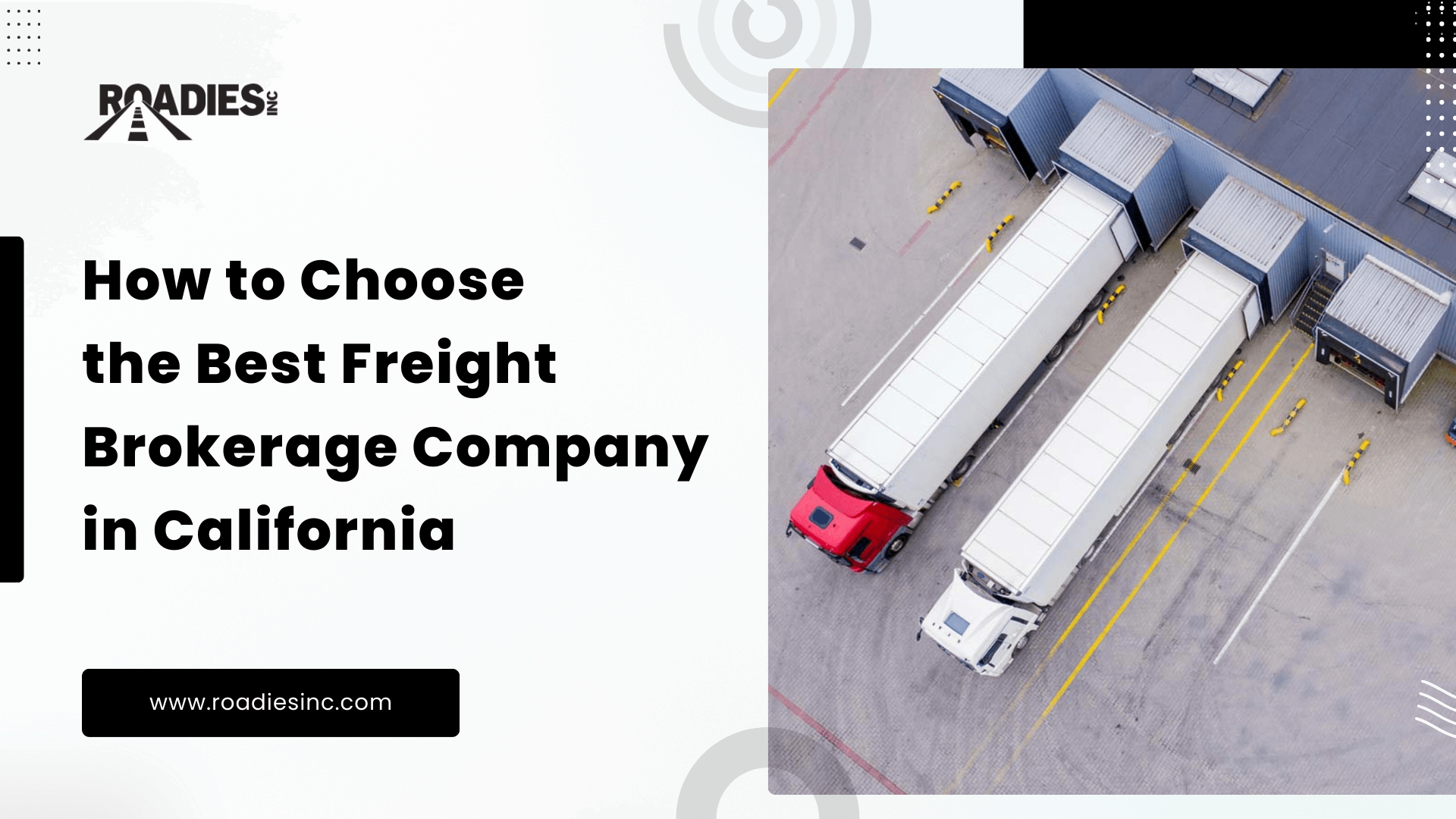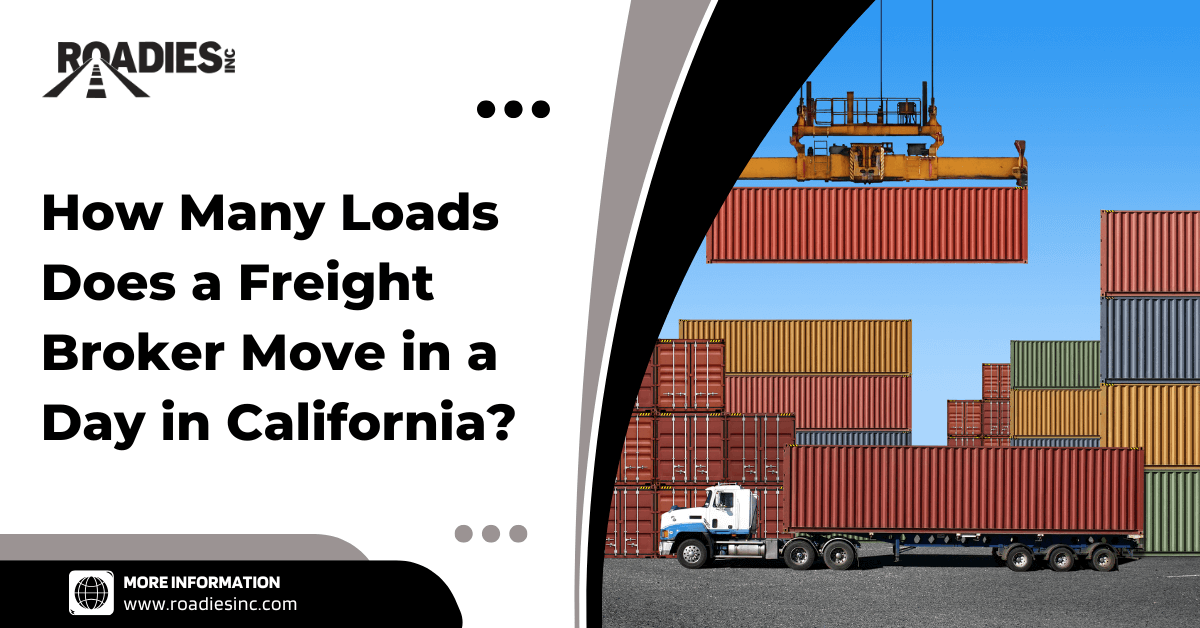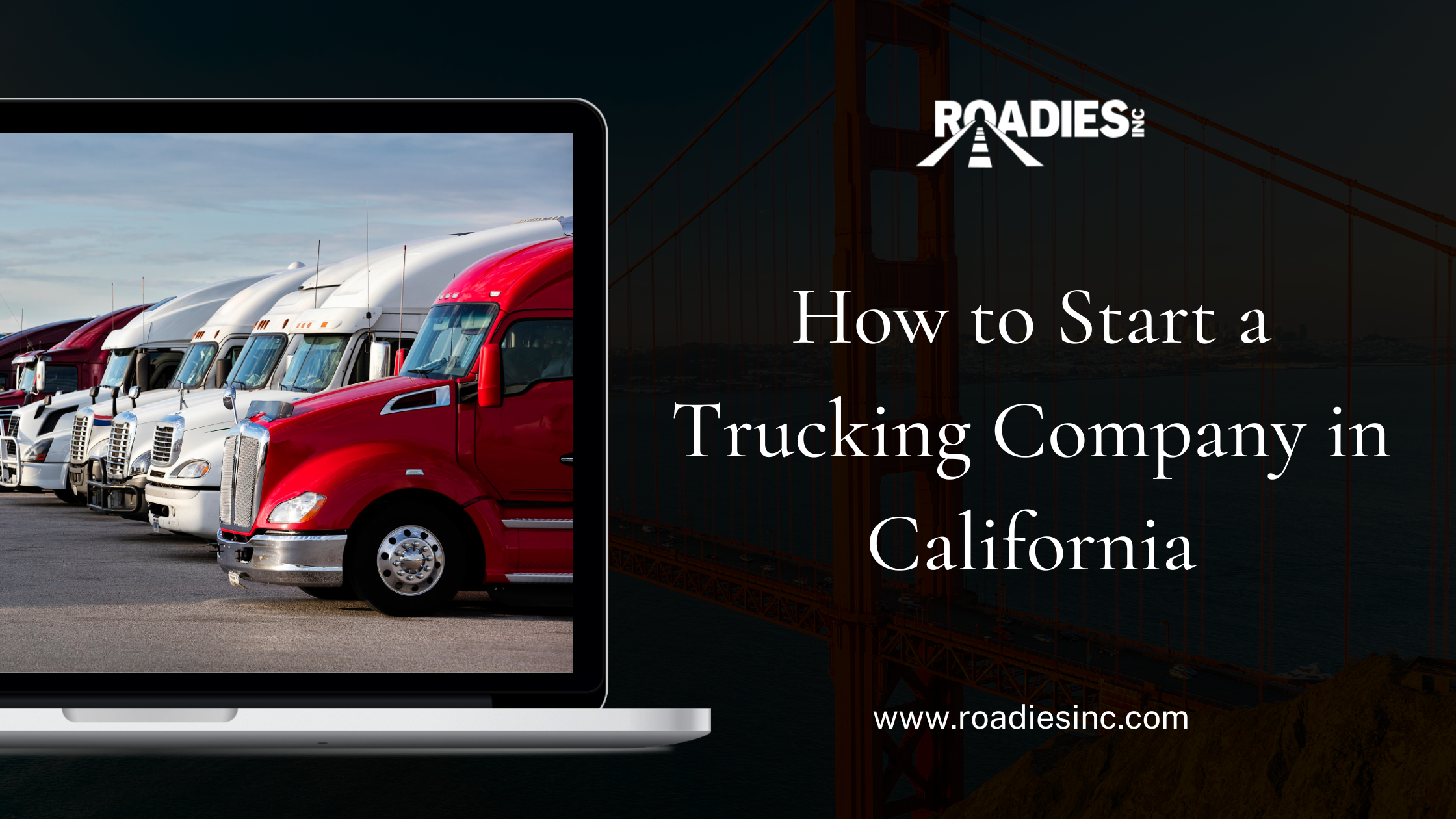A strategic choice that may have a big influence on your supply chain and operations, choosing the right logistics provider is more than simply a commercial decision. When selecting a logistics company in Bakersfield CA, businesses should evaluate experience, local expertise, and 24/7 logistic services. By acting as a liaison between your goods and your clients, the logistics service provider you select will guarantee prompt and secure delivery. How, therefore, do you choose wisely? We will provide you with a list of considerations to make before making a decision in this post.
Top 6 Factors to Consider When Choosing a Logistics Company in Bakersfield CA
1. Understand Your Company’s Requirements
Start by mapping out your current operations. What’s working? What isn’t? Track delivery schedules, turnaround times, costs, storage space, and recurring challenges. Talk with your ground crew—they deal with day-to-day logistics issues and can provide valuable insights. Identify gaps such as inventory management, last-mile deliveries, or technology needs, which your local logistics partner should address.
2. Evaluating Local Logistics Companies and 24/7 Logistic Services in Bakersfield CA
Experience and local knowledge matter a lot when choosing a logistics partner in Bakersfield, California. Roadies Inc. possesses experience dealing with businesses like yours and is familiar with the specific requirements of the Bakersfield location. Our commitment to reliability, efficiency, and high levels of service quality is reflected through our case studies and client testimonials, which ensure your supply chain runs smoothly at all times.
3. Check Their Services
While shipping is core, a top logistics provider in Bakersfield can offer additional services such as warehouse management, inventory tracking, and real-time shipment updates. Make sure their warehousing and transportation solutions fit your current needs and can scale as your business grows.
4. Confirm Geographic Reach
Even as a local company, your logistics partner should have strong regional connections. A Bakersfield-based provider familiar with California regulations, local roads, and delivery routes can ensure faster and more cost-effective services. If your business ships nationwide, they should also have the infrastructure and expertise to handle long-distance and interstate logistics efficiently.
5. Ensure Data Security
Your logistics partner should protect sensitive business information. Check for strong encryption, secure platforms, GDPR compliance, and mobile-responsive tools that allow you to track shipments on the go.
6. Test Customer Support
Excellent support is essential. Contact the provider before signing on to test their responsiveness and clarity. A reliable logistics partner in Bakersfield will offer 24/7 support, ensuring any challenges are resolved quickly and efficiently.
Why Choose Roadies Inc.: Trusted Logistics Services in Bakersfield CA
Roadies Inc., a leading USA logistics company, provides end-to-end solutions for your supply chain needs. Our tailored logistics services in Bakersfield CA ensure timely delivery, data security, and cost-effective operations. At Roadiesinc, we offer bespoke logistics solutions to Bakersfield companies with the best of local knowledge and national and international shipping strength. Our experience guarantees a seamless, cost-effective, and secure supply chain from warehouse to final-mile delivery. Collaborate with us to achieve your company goals with assurance and streamline processes.
Are You Prepared to Simplify Your Bakersfield, California Supply Chain?
For dependable, round-the-clock logistics services catered to your company’s requirements, collaborate with Roadies Inc. now. We make sure your operations are smooth, economical, and efficient, from warehouse management to last-mile delivery.
FAQs – Choose the Right Logistics Partner
1.What qualities should I search for in a Bakersfield, California logistics company?
Examine experience, dependability, robust networks, cutting-edge technology, and first-rate customer support. We satisfy each of these requirements, guaranteeing the seamless operation of your supply chain.
2. How can a USA logistics company improve my supply chain?
A USA logistics company like Roadies Inc. streamlines operations, reduces costs, and delivers efficiently with 24/7 logistic services.
3. Why is scalability and flexibility important in logistics services in Bakersfield CA?
Scalable, flexible logistics adapt to changing business needs. We quickly adjust services to keep your supply chain on track.
4. How does technology help logistics services in Bakersfield CA?
Advanced systems like WMS, TMS, and data analytics improve tracking, optimize routes, and reduce errors—tools we use daily.
5. What makes Roadies Inc. a reliable logistics company in Bakersfield CA?
With proven success, strong infrastructure, and 24/7 logistic services, we deliver dependable solutions for all supply chain needs.
6. How do 24/7 logistic services benefit my business?
Around-the-clock logistics prevent delays and disruptions, ensuring timely deliveries—one of the strengths of Roadies Inc.
7. Why is sustainability important while selecting Bakersfield, California logistics services?
Carbon footprints and expenses are decreased via eco-friendly methods. We integrate sustainable logistics solutions for modern businesses.
8. How can I check the reputation of a logistics company in Bakersfield CA?
Check reviews, case studies, and client feedback. Roadies Inc.’s satisfied clients highlight its reliability and proven performance.

